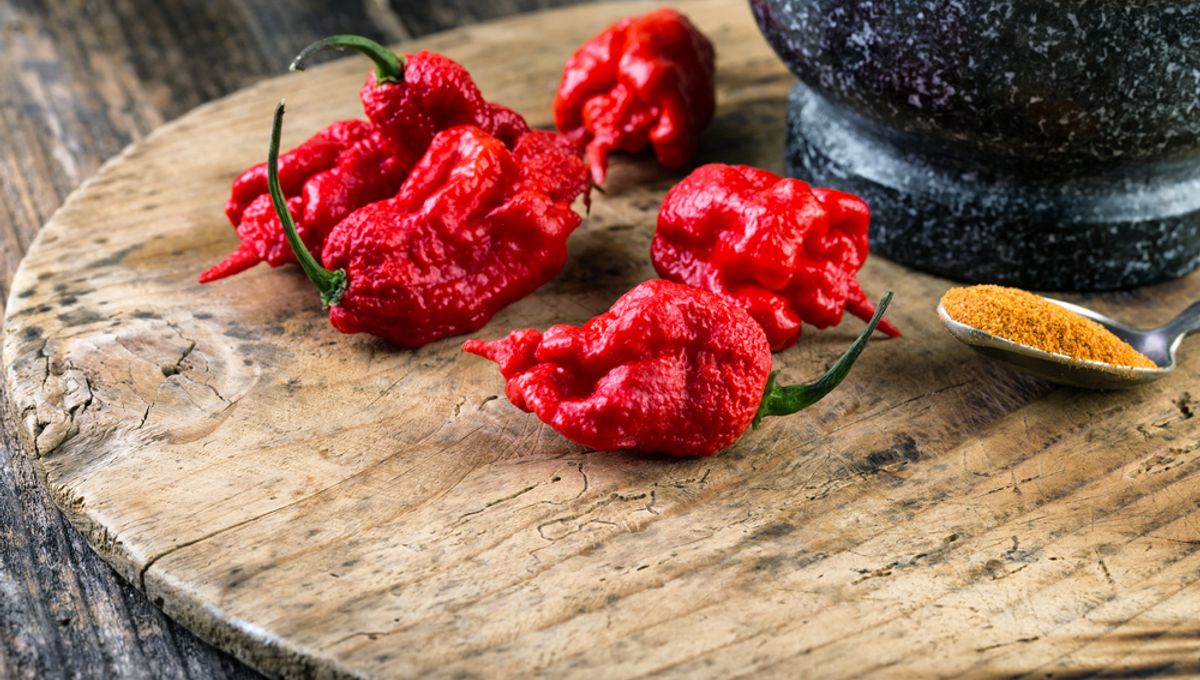
Spicy chili peppers could cause more than just pain and regret the next day – a new study suggests patches with the active spicy ingredient in chilies could help reduce pain in diabetic patients with nerve damage. Containing capsaicin, the molecule that gives chilies their heat, the patches were found to heal damaged nerves in the feet of people with diabetes, a common and serious complication that can lead to amputation.
Diabetes can increase the risk of nerve damage throughout the body by high blood glucose levels affecting the fragile nerve fibers, known as neuropathy. If this occurs in the feet, the neuropathy can cause ulcers and a loss of feeling in the affected area, leading to minor injuries causing serious afflictions. Ulcers and blisters that would normally be a painful inconvenience can become life-threatening from infection, leading to amputations of the feet if left unchecked.
The loss of feeling is not universal, though, and some end up with severe pain that cannot be helped with current painkillers. Current treatments involve pain management, often with antidepressants, but there are no available options for reversing or stopping the nerve damage, and often drugs either fail or come with unwanted adverse effects.
Researchers from Imperial College London and Sheffield Teaching Hospitals, with help from Diabetes UK, wanted to look at whether capsaicin could be the answer. Capsaicin is known to block pain signals when applied topically as a cream or patch, and can even promote healing in some skin conditions.
The researchers recruited 75 people with diabetic neuropathy, many of which had pain in their feet, and treated some with a patch containing 8 percent capsaicin, which is already on the market for other applications.
Results came from a pain diary that the participants recorded each day, as well as nerve count and sensitivity analysis from samples taken by the researchers.
Once three months had passed, the researchers found that people using the capsaicin patches reported significantly less pain than their controls, and also showed higher counts of new nerves in their feet.
While it is not fully understood, it suggests that capsaicin may promote nerve development and healing, reducing pain as a result. These are the first results that capsaicin might go further than just reducing pain – it could actually be reversing the damage caused by neuropathy.
Significantly more research needs to be done into the mechanism of action and capsaicin as a neuropathy treatment, but it is an extremely promising start. If spicy chilies can help combat neuropathy, they could treat some of the most serious complications in people with untreated diabetes, an area in which treatment (not just prevention) is sorely lacking.
The research was published in Frontiers in Neurology.
Source Link: Spicy Chilli Patches Could Massively Reduce Pain In People With Diabetes